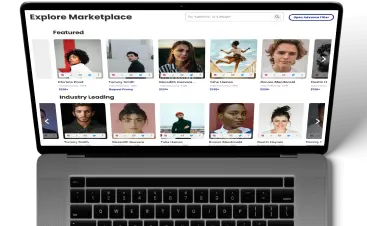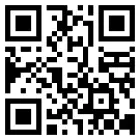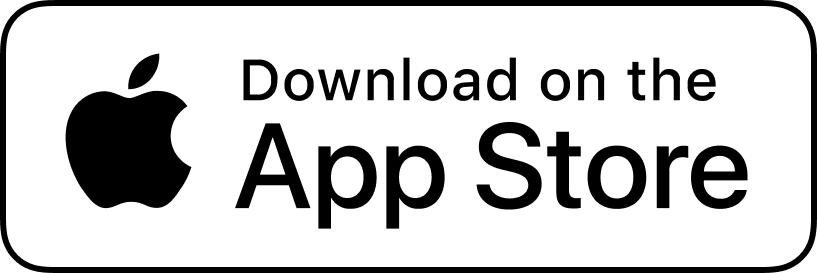What Is Algospeak On Social Media?
“Algospeak” refers to the language and terminology used to describe social media platforms’ algorithms and algorithmic processes. It encompasses the vocabulary and concepts of how algorithms function, influence content distribution, and impact user experiences on social media platforms.
In Algospeak, terms such as “engagement,” “relevance,” “timeliness,” “user behavior,” “content type,” “quality,” “authenticity,” “ad placement,” “targeting,” “machine learning,” and “optimization” are commonly used to discuss how algorithms determine which content users see in their feeds or timelines.
Overall, Algospeak serves as a framework for understanding and discussing the role of algorithms in shaping the dynamics of social media interactions, content distribution, and user engagement. It enables users, researchers, and industry professionals to navigate and analyze the complex algorithms that underpin social media platforms.
Are There Words You Can’t Say On TikTok?
Yes, TikTok has community guidelines and content policies that outline prohibited content and behaviors. While the specific list of restricted words may vary depending on the platform’s policies and enforcement practices, some common types of words or content that are typically prohibited on TikTok include:
- Hate Speech and Discrimination: Content that promotes hate speech, discrimination, racism, sexism, or prejudice based on characteristics such as race, ethnicity, nationality, gender, sexual orientation, religion, disability, or other protected attributes is not allowed.
- Violence and Harmful Behavior: Content that depicts or promotes violence, self-harm, suicide, dangerous stunts, or harmful activities is prohibited. This includes graphic or explicit content that may disturb or trigger viewers.
- Sexually Explicit Content: TikTok prohibits content that contains nudity, sexually explicit material, pornography, or explicit sexual acts. This includes explicit language, gestures, or behavior of a sexual nature.
- Harassment and Bullying: Content that harasses, bullies, threatens, intimidates, or humiliates individuals or groups is not allowed. This includes targeted attacks, defamation, or invasion of privacy.
- Illegal or Regulated Activities: TikTok restricts content related to illegal activities, such as drug abuse, trafficking, or illegal weapons. Content that promotes or glorifies unlawful or regulated activities is prohibited.
- Misinformation and Deceptive Practices: Content that spreads false information, misinformation, conspiracy theories, or deceptive practices is prohibited. This includes content that may harm or confuse viewers.
- Copyright Infringement: TikTok enforces copyright policies to protect intellectual property rights. Users are not allowed to post content, including music, videos, images, and other creative works, that infringes on the copyrights or trademarks of others.
Users should familiarize themselves with TikTok’s community guidelines and content policies to ensure compliance and avoid violations. TikTok may remove or restrict content that violates these guidelines, and repeat violations can result in account suspension or termination.
Why Do People Misspell Things On TikTok?
TikTok’s community guidelines set boundaries for the types of content or topics that cannot be posted or shared on the platform. Violating these guidelines may lead to your content being removed, your account being suspended, or even facing legal consequences.
To avoid detection by TikTok’s community guideline moderation system, some users employ algospeak to conceal words that may be prohibited. This can involve using secret code words, emojis, or intentionally misspelling words.
What Are Common Algospeak Words And Phrases?
Common algospeak words and phrases encompass various forms of shorthand, slang, abbreviations, and creative spellings used by social media users to communicate and express themselves on platforms like TikTok. While the specific terms may vary over time and across different online communities, some examples of common algospeak words and phrases include:
- LOL: Laugh out loud.
- OMG: Oh my God.
- BRB: Be right back.
- AFK: Away from keyboard.
- TBH: To be honest.
- SMH: Shaking my head.
- IDK: I don’t know.
- IMO/IMHO: In my opinion / In my humble opinion.
- ICYMI: In case you missed it.
- DM: Direct message.
- FWIW: For what it’s worth.
- OOTD: Outfit of the day.
- FOMO: Fear of missing out.
- TBT: Throwback Thursday.
- OOT: Out of topic.
- FTW: For the win.
- IRL: In real life.
- TTYL: Talk to you later.
- TL;DR: Too long; didn’t read.
- YMMV: Your mileage may vary.
Additionally, users may create or adopt their unique slang terms, acronyms, or emoji combinations within specific online communities or subcultures. These terms often evolve rapidly and may be influenced by current events, trends, or internet memes. Overall, algospeak allows users to communicate efficiently, express themselves creatively, and foster a sense of belonging within online communities.
Check out some other terms you may encounter in the Creator economy here.








